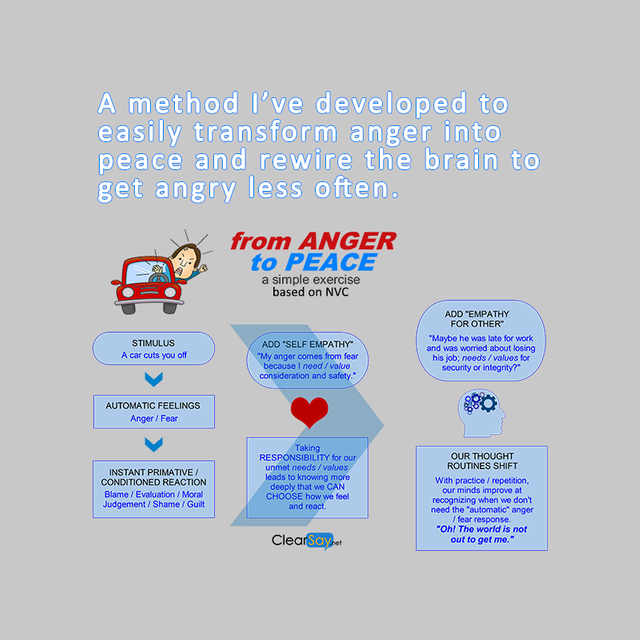How Responsible Are We For Our Feelings?
by Scotter

"Feelings are called feelings because you feel them, not because you
choose them. Nobody is responsible for their feelings, only how they
act upon them. The problem is that most people are unaware when
feelings rule their lives and some can never be taught otherwise."
Feelings vs Actions
I agree we are responsible for how we act upon our feelings and that "most people are unaware when feelings rule their lives." I also agree with you that some people can't be taught otherwise. I am careful about when I use the term "never" :-)
Two things about not being responsible for our feelings because they happen to us:
(1) Have you fully thought this assertion through as far as scenarios where a person feels hurt or embarrassed or enraged because they were triggered by something you said, which you thought was innocent? If they are not responsible, then who is? Are you?
(2) With exercise, we can train ourselves not only to react differently to stimuli, but also to have a different emotional reaction. I've trained myself and entire groups in a method that works.
We can rewire our emotional responses?
Let's use anger as a thought experiment.
What if we have more power over our own emotions than we thought? How much can we reprogram ourselves? When we see a car has cut us off or a person saying a "mean" thing to us, we have an instant, automatic feeling in our body. This is an important defense mechanism leftover from our ancestors that can serve to save our lives when we are in physical danger. Sometimes. Other times, it might serve us better to not be drawn into our "lizard brain".
It is possible to train ourselves, over time, to have more control over our own thoughts, and eventually, even the "automatic" feelings that occur when our senses are stimulated. The process is actually very simple but can take quite a bit of practice to master.

At STAGE 1 we react automatically. We may withdraw, get defensive, or attack. We are allowing our fear and/or anger to rule us. We may even blame the other person for "saying or doing the wrong thing."
"He said my favorite politician is a loon!"
"She cut me off in traffic!"
STAGE 2 comes when we begin to take responsibility for not just our reactions, but also our feelings. How? By asking ourselves, "What needs or values of mine are not being met when this thing happens?" Let's call this "self empathy". The thought process:
"That person said a thing I don't like. I wanted more understanding and consideration."
See how in the above statement the person takes responsibility for their interpretation of what happened?
After practicing self empathy, at some point we can move to STAGE 3 where we ask ourselves, "What might be going on for that other person to motivate them to say such a thing?" This is empathy for the other person. The thought process:
"That person called me a thing I don't like. Why? Maybe he lashed out because he wanted more acceptance or appreciation for his ideas?"
With the practice/repetition of pausing to re-characterize similar situations as not being an attack, eventually, we react less and less often to harmless stimuli in a defensive manner. And the more we see ourselves reacting with peaceful curiosity to more situations, we appreciate the power that comes with knowing we are in control of all aspects of how we process stimuli.
To put it simply: We are merely teaching our brain: "Let's not react defensively when we are not in danger. People are generally not out to get us."
To listen to the audio version of this article click on the play image.

Brought to you by @tts. If you find it useful please consider upvoting this reply.